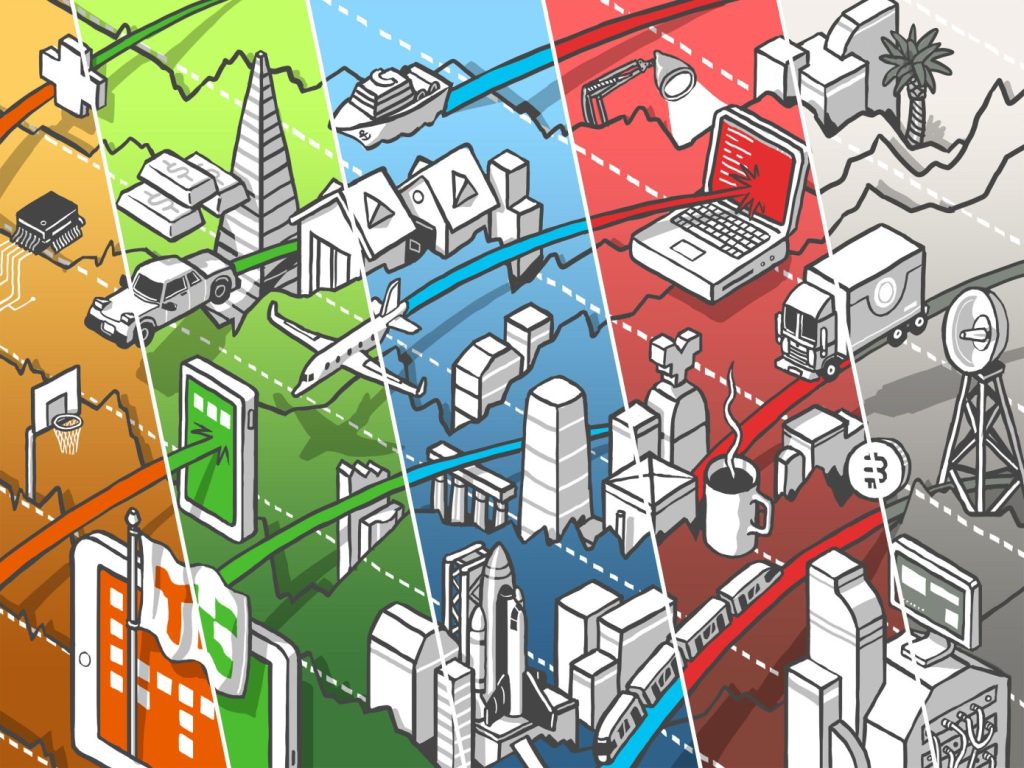
Defining the Metaverse
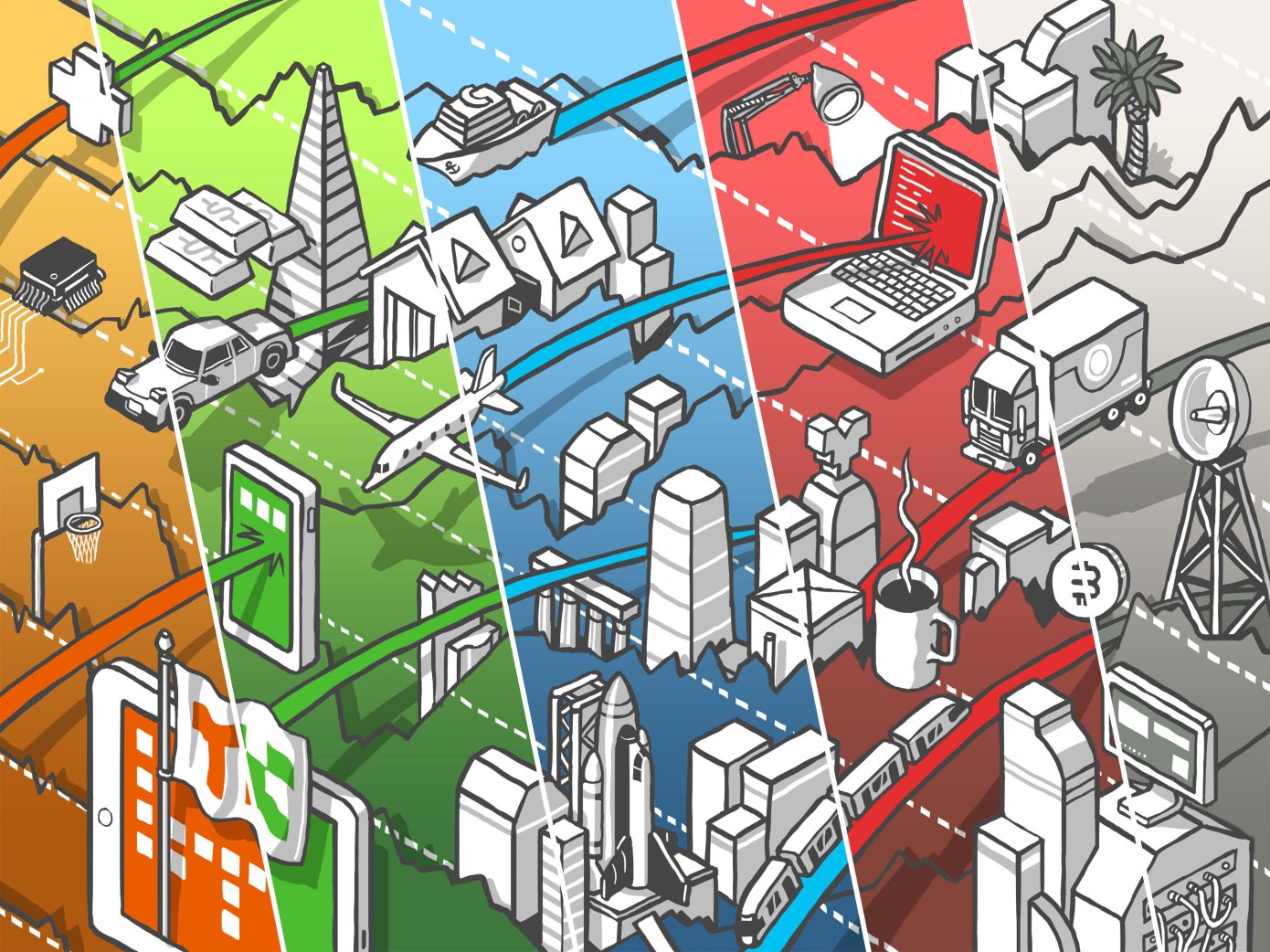
Happy Saturday! A few notes from the house before we get to work. TechCrunch’s new crypto-focused podcast Chain Reaction launched this week, which I am excited about. And, the TechCrunch+ team is hosting a Twitter space Tuesday, April 26 with Silicon Valley-based attorney and TechCrunch+ columnist Sophie Alcorn who will discuss immigration-related issues and answer questions relevant to startup founders and workers.
I think that’s it. Now, to work!
Defining the metaverse
Ever since Facebook decided to chart a new future toward the metaverse, even changing its name to mark the shift, the term has become ubiquitous. Myriad startups and public companies are slathering themselves with the term in hopes of catching the wave.
I have no real beef with companies tuning their marketing for the current moment. What I do struggle with is just what the metaverse is. For example, back in January this newsletter said the following:
The most fun that I had this week was a visit to Decentraland. In short,
I was in edit and trying to distract myself so that I wouldn’t bother the editing team while they worked.
So I fired up the social-crypto environment – metaverse, in other words – and went for a tour.
Rocking a mohawk and some pretty cool pants I managed to get lost.
Visit an NFT gallery, and fail to gain access to an arena.
Is the metaverse a social-crypto environment, bringing together human interaction and decentralized ledgers? Perhaps that’s part of it, but it doesn’t feel sufficiently complete a definition.
The definitional nuance of the term came up this week in a piece that Jacquelyn Melinek wrote for TechCrunch+ on how artists both musical and visual are tapping into crypto products to connect with fans, and make money:
Meta‘s version of the metaverse consists mainly of virtual reality or augmented reality for friends to interact with one another, while web3’s take on the metaverse is more centered around how users will experience the internet in a digital world.
What’s good about this particular riff from Melinek is that she’s correct. There are several definitions of what the metaverse is.
This is the precise gray area that has allowed anyone working with digital communities.
Or really digital assets more generally, to claim the label.
The result is that everything is the metaverse, which is the same thing as saying that precisely nothing is.
As Melinek notes, there are two main thrusts toward building the metaverse. The Meta approach appears to start from the perspective of personal representation inside a persistent, video-game like environment. This means that the ‘metaverse’ is akin to an MMORPG, but without a genre-specific quest focus; it’s more open-ended, and thus more open to continued thematic expansion. The more crypto, or web3.
Approach is to consider digital assets that can be viewed as an extension of one’s self as the metaverse.
Or at least part of it.
A “PFP NFT” being, for example, how you want to display yourself in a digital environment. That sort of thing.
It’s possible to imagine a hybridization of the two definitions.
A place where you and I might have a persistent avatar of sorts,
and digital goods are recorded on some sort of decentralized ledger.
The issue with that vision is that it’s not super possible to build at the moment. Why? Because there isn’t a way to build an MMORPG atop the blockchain, and companies able to build such a platform don’t want to allow for decentralized asset creation and management, as it would limit their ability to rip value out of their game or digital living environment.
Yes, this is tension between decentralized and centralized systems,
but in this case it’s a useful divide to note
as it appears to be keeping what could be the metaverse from reach.
It is not too hard to come up with a way forward. For example:
- A DAO is created to collect several billion dollars.
- The DAO funds the creation and maintenance of a persistent digital environment, perhaps with its own token.
- The software — a fusion of Minecraft, Slack, the Unreal engine, and not Elden Ring.
- Is open for folks to mod, make worlds, and so forth, perhaps even allowing companies to build more virtual offices.
- From there, everyone can participate and do their thing as they will.
Is that a compelling metaverse?
I guess at this juncture if that isn’t then we need to entirely rewrite what we mean when we say the word.
Because that’s as close as I can smush things together
without literally dropping all current definitions and starting over from scratch.
Good luck, Facebook!


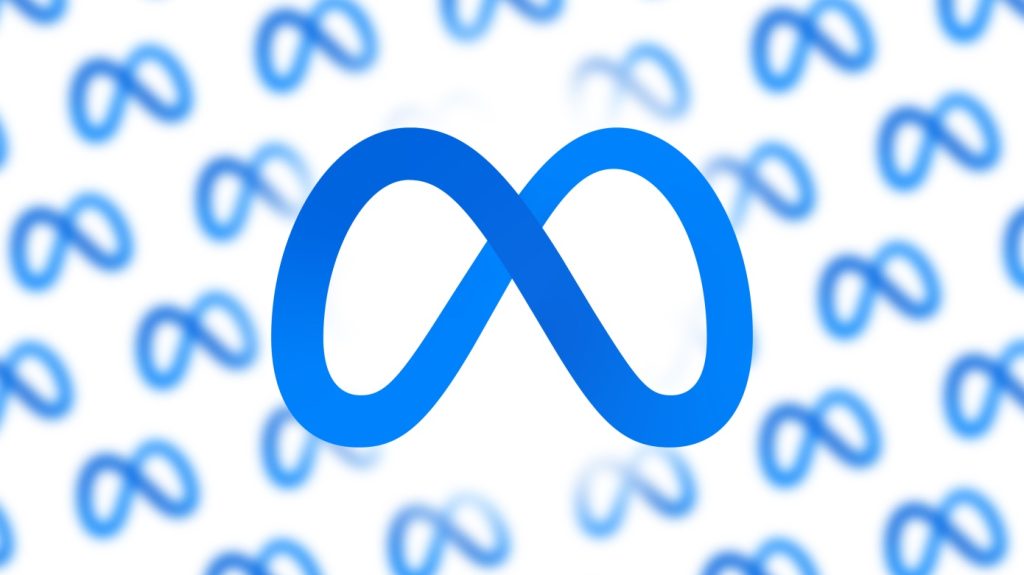

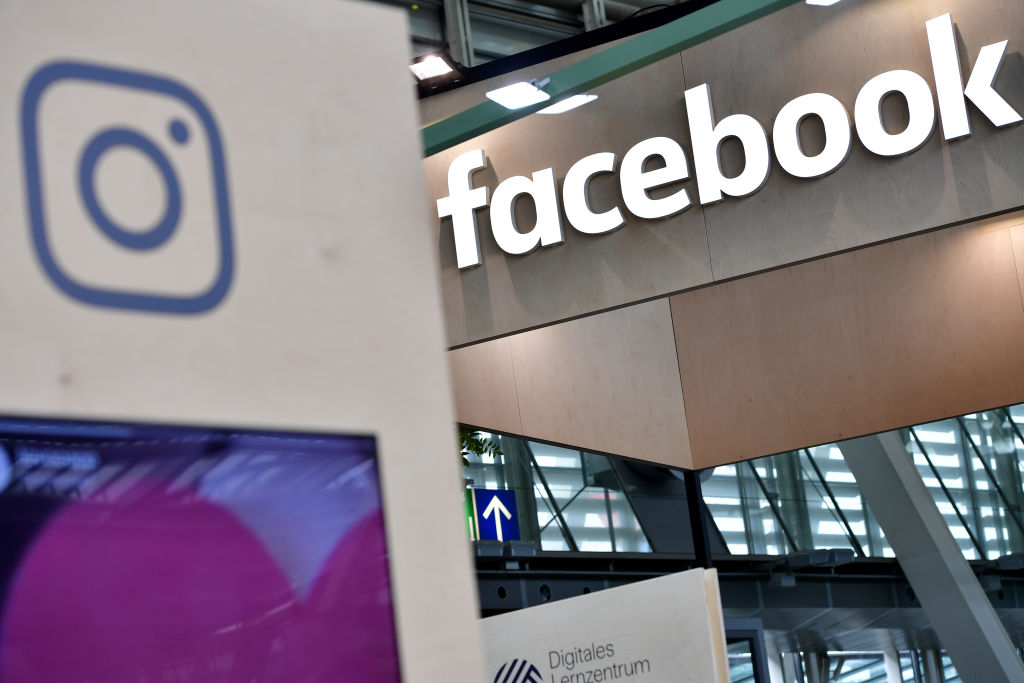
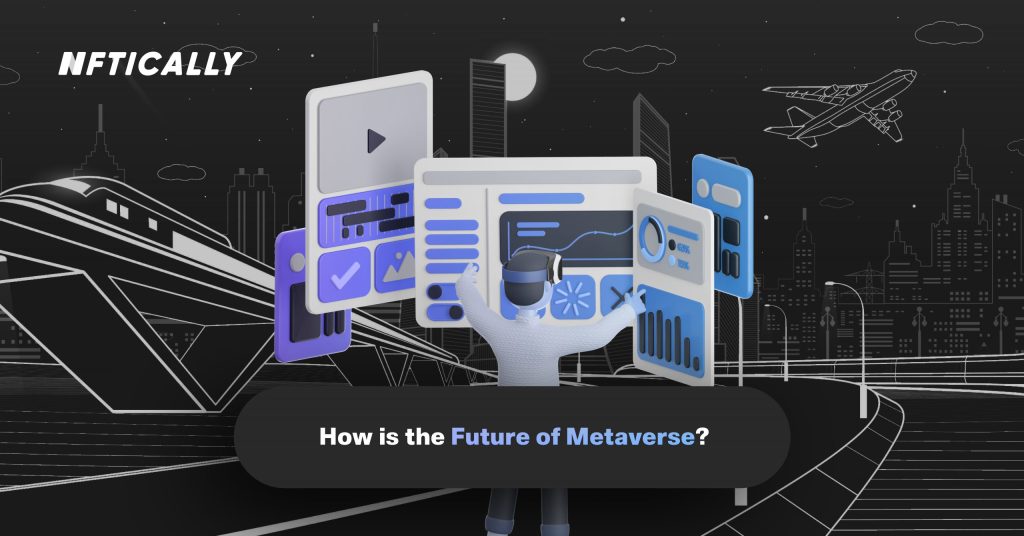
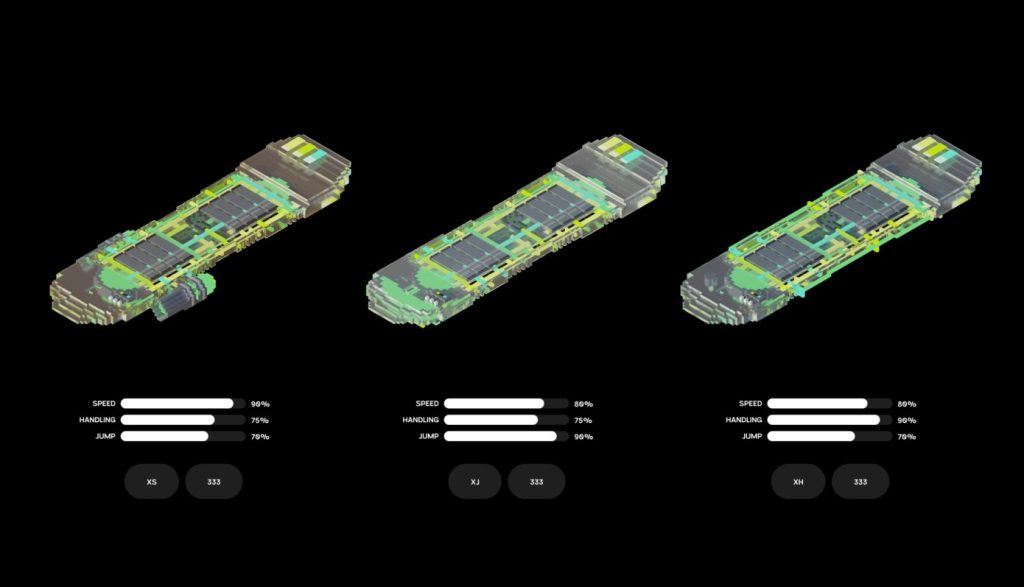
Responses